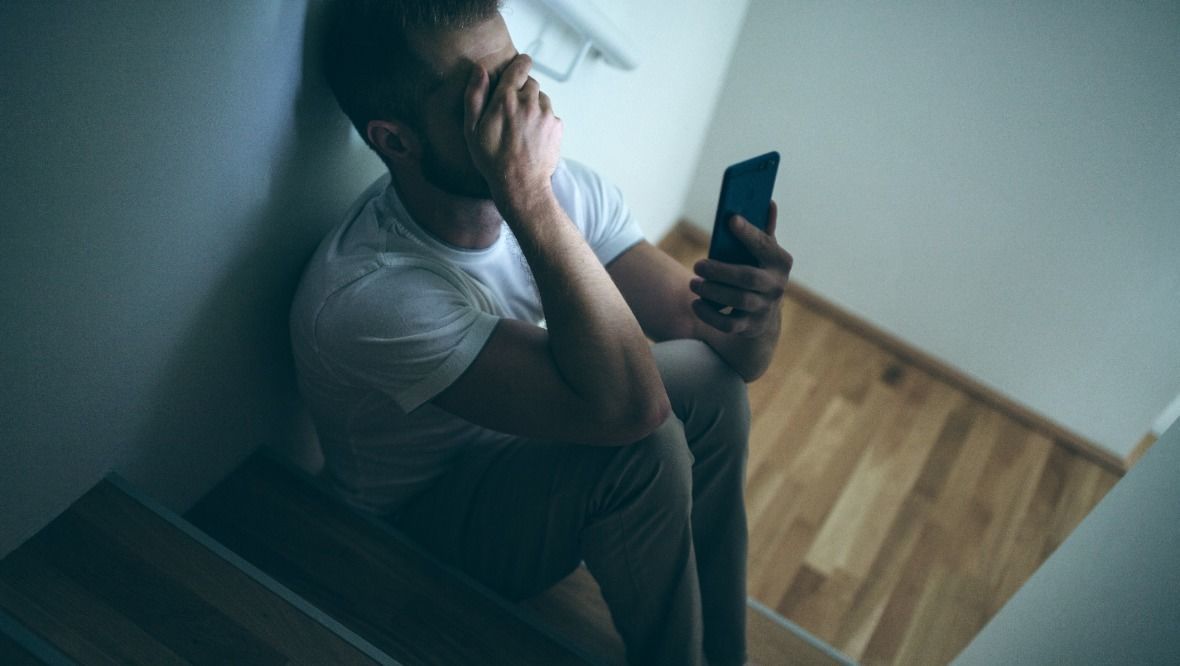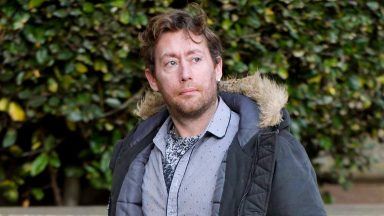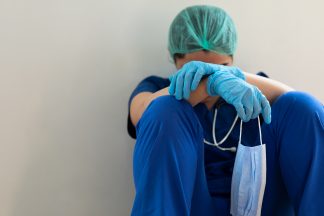Almost eight in ten people think demand for mental health services will increase after the pandemic is over, according to new research.
The Royal College of Psychiatrists in Scotland survey found that, since the coronavirus crisis began in March 2020, nearly a third of Scots (32%) have suffered anxiety.
Meanwhile, almost a quarter (24%) said they have suffered symptoms of depression and 23% have experienced loneliness.
The College warned that the pandemic will have an “enormous fallout on people’s mental health” and said a clear plan is needed to navigate through the “storm which is currently brewing”.
The poll of 1080 people from across Scotland found that 78% believe demand for mental health services will increase after the pandemic, while more than half (59%) think services are currently inefficient.
Dr Jane Morris, consultant psychiatrist from the Royal College of Psychiatrists in Scotland, said: “These new statistics are worrying but not entirely surprising. We’re still living in a worldwide pandemic and there’s going to be an enormous fallout on people’s mental health.
“Being a psychiatrist is a really rewarding career, but training can take many years and we need to think about how we plug that gap.
“All our clinicians have been working hard throughout and will continue to do so as patient caseloads increase, and a clear and concise plan is needed now to manage us through the storm which is currently brewing.
“While we’ve welcomed funding commitments from the Scottish Government for training places and services, we need to know how and where this money will be spent.
“We also need better signposting and a ‘no wrong door’ approach across the country, for the benefit of our patients.”
The survey, carried out by YouGov in early November 2021, also found that 14% of Scots who had a mental health problem before March 2020 said the pandemic has made their condition worse.
A further 6% said they developed a new mental health problem due to the pandemic.
The figures were released as the College launches its Choose Psychiatry in Scotland campaign which aims to encourage more trainee doctors to choose the specialism.
Angela McCrimmon, 44, from Livingston, West Lothian, who has social anxiety, bipolar disorder and complex PTSD, said it was coming out of lockdown that made her more anxious and she worries what life will be like after the pandemic.
“I found lockdown great for my mental health as I have social anxiety and find it sometimes exhausting to interact with people. Even now I watch the news and hope they’ll put us back into lockdown,” she said.
“It’s important people understand that even people that appear to be functioning in the world could be going through an inner battle to get out their front door.
“I thrived during lockdown with barely any anxiety because I seemed to cope with life much better online than meeting people in person because I find it so exhausting.
“I would say there’s definitely going to be more people coming forward with mental health problems once this is all over. We’re definitely going to need more psychiatrists.”
Scotland’s mental wellbeing minister Kevin Stewart said: “We know the pandemic has had a substantial impact on people’s mental health and will continue to do so.
“That’s why we’re delivering on the actions set out in our Mental Health Transition and Recovery Plan, backed by £120m, to ensure people can get the right help at the right time.”
He said the Scottish Government has been “steadily increasing” the number of medical training locations, and provided funding to expand Core Psychiatry training places by five this year and a further ten in 2022.
Stewart added: “We are investing an extra £4m to increase the capacity of NHS24’s Mental Health Hub – and we’ve also set up a £15m fund to tackle the impact of social isolation and mental health inequalities made worse by the pandemic.
“In addition, as part of our Programme for Government, we will ensure that by 2026 every GP practice will have access to a mental health and wellbeing service, creating 1000 additional dedicated staff to help grow community mental health resilience and direct social prescribing.”
Follow STV News on WhatsApp
Scan the QR code on your mobile device for all the latest news from around the country


 iStock
iStock























